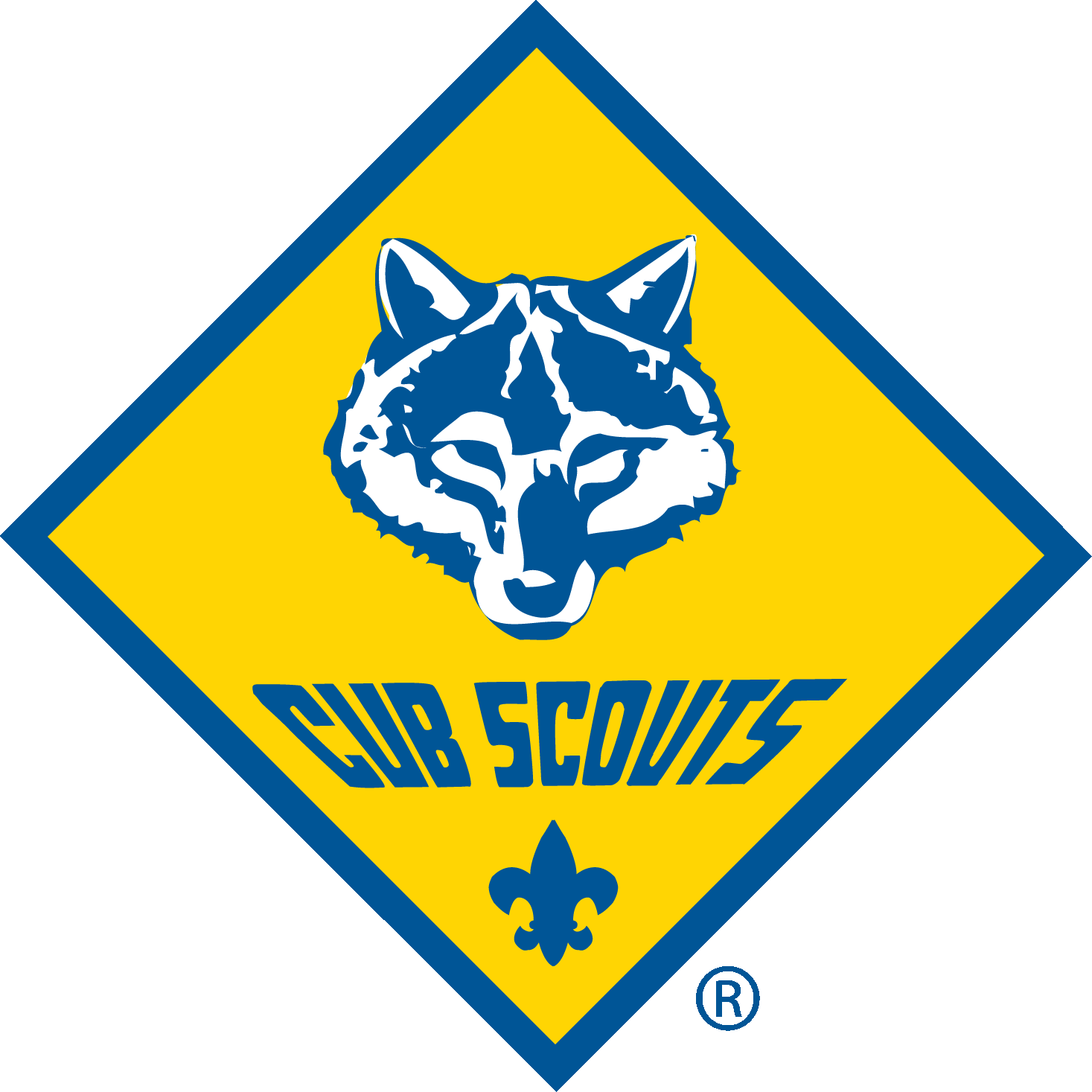day camp guide
What Should I Expect?
Scouts meet daily at UMES or nearby location around 8:00 AM. The parents assigned as the day’s chaperones drive the scouts out to camp. The camp day starts with an opening flag raising. While our scouts stay together as a group, we are usually paired up with another group to make a larger den of about 12 to 15 scouts. Scouts move between assigned activities, roughly every hour with a break for lunch around noon. The scouts visit the pool, archery range, and BB gun range every day. The other activities vary daily among handicraft, field sports, the “Big Dig”, Gaga Ball, nature, and boating. Scouts return to Union Mill at the end of the day to be.picked up by parents, usually around 4:45.
What does my scout need?
Required Medications
1 liter water bottle (transparent bottles are preferred)
Hat
Sunscreen
Bathing Suit
Towel
Extra t-shirt
Extra Socks
Rain Poncho
Money for trading post (last day)
Sunglasses
BSA Swim test
A BSA swim test is conducted on the first day for all scouts and adults. Scouts are given one of three classifications. Non-swimmers only need to jump in the shallow section of the pool. Beginner swimmers need to swim 25 yards using a strong stroke. Advanced swimmers need to swim 100 yards using a combination of a strong stroke, and the elementary backstroke, then float unaided for 1 minute.
For cub scouts their swim level only really matters when they get to the boats. Beginners and non-swimmers must go with an adult (who is classified as an advanced swimmer). Non-swimmers and beginners are not allowed to swim in the deepest parts of the pool, but most scout spend their time in the shallow section anyway.
information for chaperones
First, please familiarize yourself with the BSA’s youth protection policies. Taking Youth Protection Training is highly recommended for all parents. At no time should a scout be left alone with an adult who is not their parent. Always have another adult or scout with you if you need to separate from the group. Please also respect signs designating adult and scout bathrooms and changing areas.
The group is usually assigned a staff member to escort them between stations. Chaperones should make sure the group stays together, and behaves at each station. Each day there will be one adult in charge who will keep the master phone list. The most important thing for chaperones to do is ensure that all scouts are drinking water. Scouts should be drinking a half liter or more every hour. Water coolers are located at all stations for the scouts to refill their water bottles. Watch for red faces, especially during strenuous activities. Scouts showing signs of exhaustion or heat stroke should be taken into the shade and/or the air conditioned dining hall.
What not to bring?
Electronics. Of course parents will want to have their phone available, and perhaps something for late night reading, but children should be able to enjoy their time outdoors free from distractions like these. Bears and older scouts are permitted to have a pocket knife, provided that they have completed the whittling chip requirements, but they rarely need them. Unless needed for a specific activity, these are also best left at home.

